Before Ben Smith, NRECA International’s Director for the Malawi Clean Energy Cooperatives Program (CECP) arrived in Lilongwe, his vision on how electric cooperatives can help Malawi achieve its energy access goals was clear.
“I grew up on electric cooperative power, and my grandparents were also served by electric cooperatives in the U.S., the same type of cooperatives we are trying to develop here in Malawi,” Smith said recently. “Our goal is to work closely with the government of Malawi and show them how electric cooperatives can be part of the solution to increase access to electricity, especially in the rural areas.”
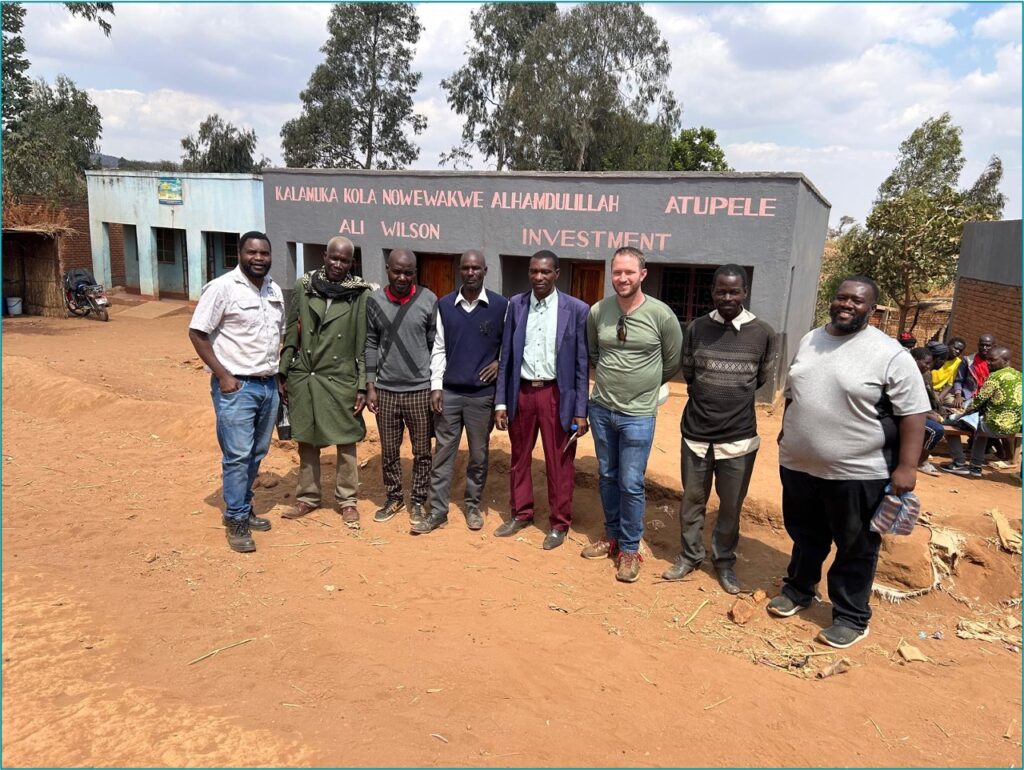
Funded by the U.S. Agency for International Development (USAID), CECP is a four-year initiative that plans to establish five electric cooperatives in Malawi. The aim is to demonstrate how the electric co-op model is a viable solution to bring affordable and reliable electricity to rural areas. Other goals include showing how community-owned power can an promote locally led development and self-reliance, and ultimately improve productivity and quality of life.
The CECP Cooperative Development Forum
Smith spent the first six months building relationships and engaging with many stakeholders in the Government of Malawi, starting with the Ministry of Energy. This strategy was key to build trust with leaders and representatives from agencies who are involved in electrification activities and introduce the electric cooperative model and its benefits. Next was to organize an event and invite all relevant stakeholders to hear from seasoned electric cooperative experts, listen to successful cooperative development stories in other countries, ask questions, and put into perspective how this model can help them. The hard work paid off.
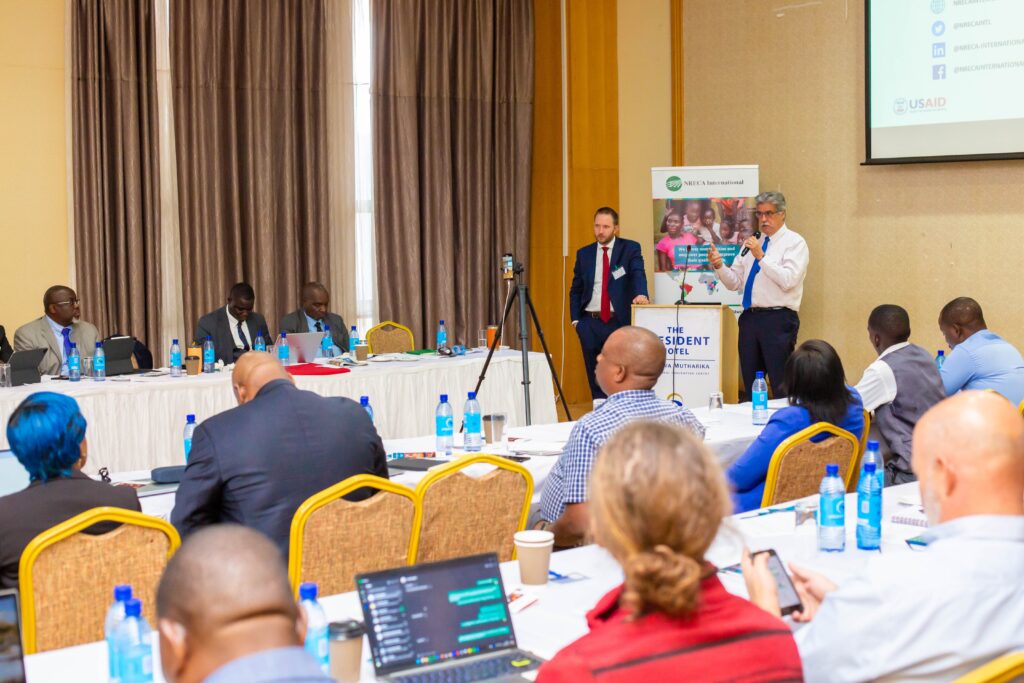
On September 24, 2024, 46 attendees representing Malawi’s government ministries, international development organizations, and the private sector attended the Cooperative Development Forum, organized by Smith and the CECP team. The Forum was opened by Alfonso Chikuni, Principal Secretary of Malawi’s Ministry of Energy. Smith introduced PS Chikuni to the electric co-op model in recent months, and in his remarks, Chikuni acknowledged the electric co-op model is a promising solution to accelerate rural electrification.
“Cooperatives have been in other sectors, but in the power sector, it will be a new phenomenon,” said Chikuni during his opening remarks. “Thank you for organizing this workshop and inviting representatives from Zambia and others from the field to teach us – we are ready to learn.”
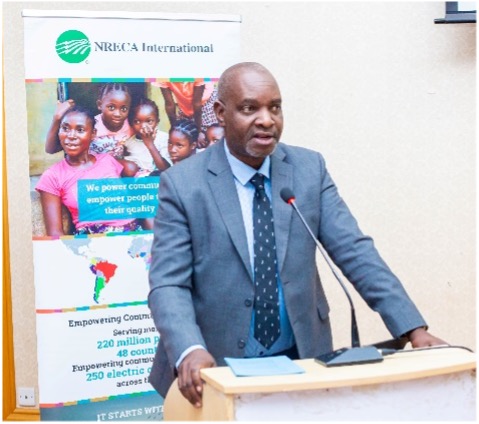
Limbikani Kachiwaya, the Director of Cooperatives in the Ministry of Trade and Industry, echoed Chikuni’s sentiments and added that he is eager and ready to help.
“We believe that the cooperative model is the best model for the development of our country,” said Kachiwaya in his remarks. “We are looking forward to more collaboration.”
Learning the Cooperative Way
During the forum, NRECA International’s Senior Vice President Dan Waddle shared the growth of electric co-ops in the U.S., and also how these successes helped the electric co-op movement in Bangladesh and helped eradicate famine in the country 60 years ago.
Waddle also answered questions on what’s needed for a successful co-op program and reminded the attendees that results don’t happen overnight, and it takes a lot of patience.
“It’s important that our partners in Malawi understand the challenges and complexities of establishing lasting electric co-ops,” said Waddle. “As we have done in Bangladesh, the Philippines, Bolivia and many other countries we’ve worked, we will offer training and share knowledge with our partners in Malawi, but also show the communities how they can be leaders and take charge of their future.”
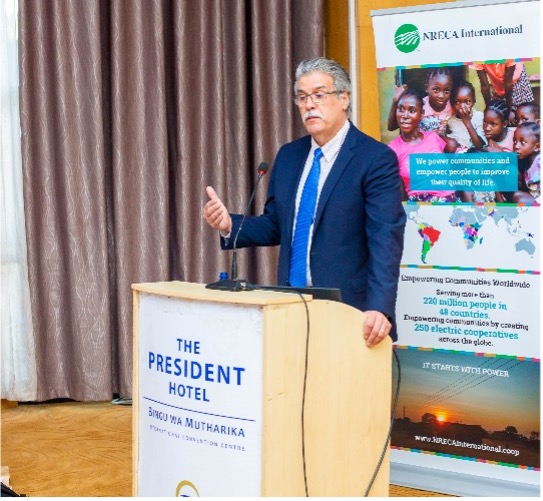
Linus Chanda, CEO of the Zambia Rural Electrification Authority was also present, and he is no stranger to the cooperative model. His team works closely with NRECA International’s Zambia Electric Cooperative Development (ZECDP) in Lusaka. Like CECP, the ZECDP initiative is funded by USAID, and has helped establish two electric co-ops in the last year, with more on the way.
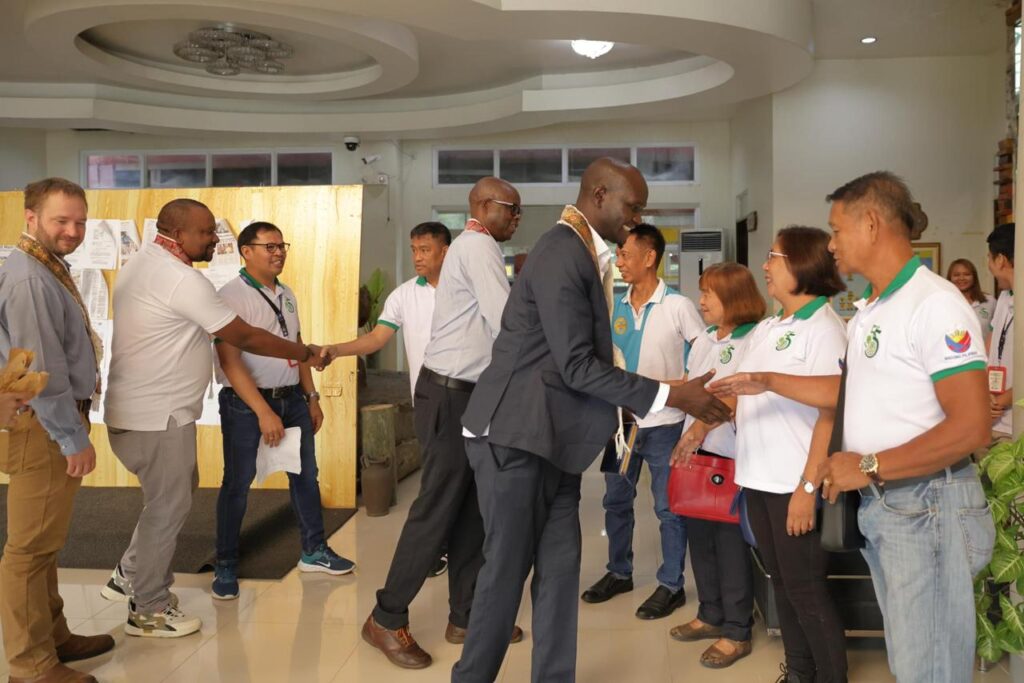
A few weeks after the forum, Smith traveled to the Philippines with a delegation from Malawi to visit three electric co-ops. There are 121 electric co-ops in the country, and NRECA International helped establish the first three –the relationship remains strong. The purpose of this trip was to learn first-had the fundamental principles and structure of electric co-ops. But Smith pointed out that they also go a lesson in co-op culture.
“What struck us the most was how strong and vibrant electric co-op culture is,” said Smith when he returned. “The trip showcased how cooperative power isn’t just another form of utility, it is a way of life and a point of pride.”